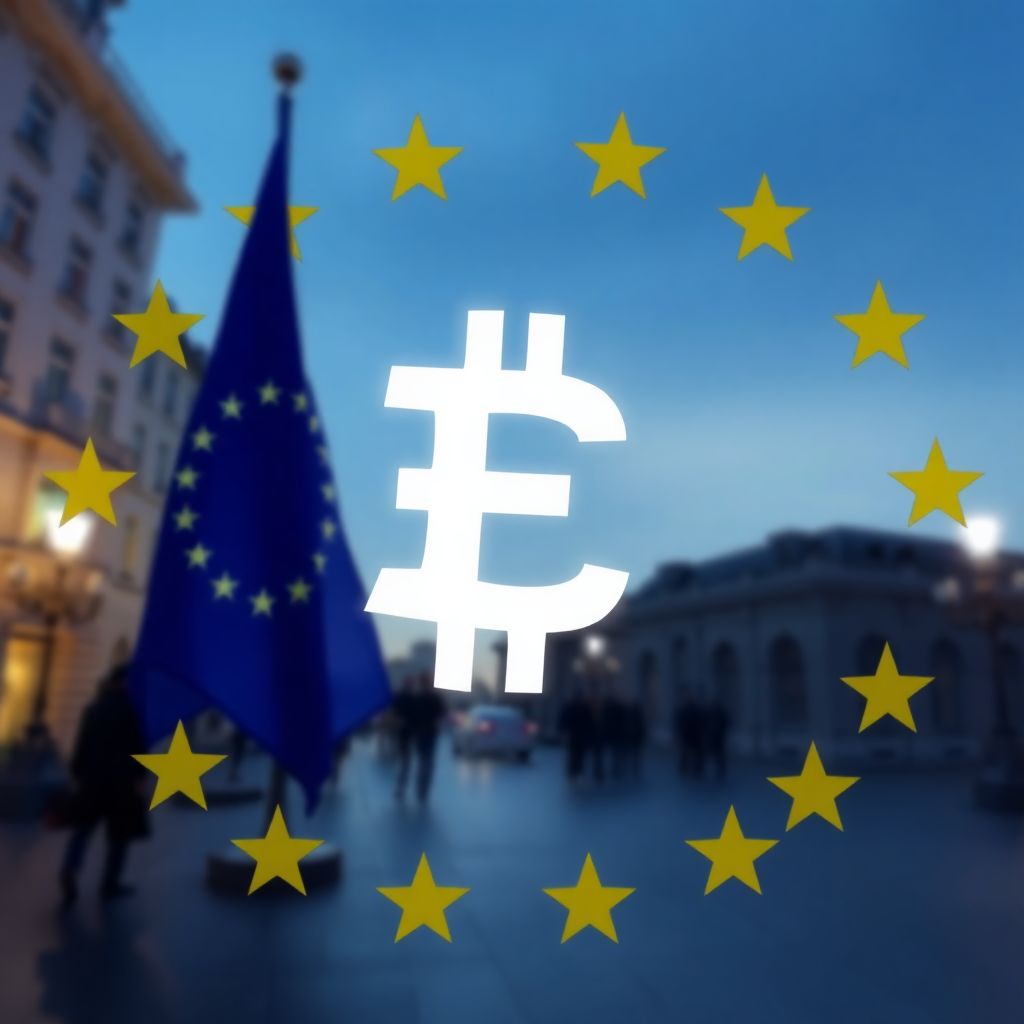The European Union is weighing a significant overhaul of its financial regulatory framework by potentially centralizing oversight of stock and cryptocurrency exchanges under the European Securities and Markets Authority (ESMA). This move would emulate the structure of the U.S. Securities and Exchange Commission (SEC), aiming to create a more unified and efficient capital market across the EU and strengthen the ecosystem for startups.
Currently, financial and crypto markets across the EU are regulated by a patchwork of national authorities. This fragmented system increases operational costs for companies working across borders and creates barriers for startups trying to scale within the single market. By granting ESMA expanded authority, the EU hopes to reduce regulatory inconsistencies and streamline market entry for emerging firms, particularly in the fintech and crypto sectors.
The new proposal, which is expected to be unveiled in December, would grant ESMA direct oversight of stock exchanges, cryptocurrency trading platforms, crypto-asset service providers, and other financial infrastructure entities. The initiative is seen as a crucial step toward building the long-discussed Capital Markets Union, which seeks to deepen and integrate Europe’s financial markets.
European Central Bank President Christine Lagarde has expressed strong support for this approach. Speaking at the European Banking Congress in November 2023, she emphasized the need for a centralized regulator with broad powers to manage systemic risks, especially those posed by large firms operating across multiple jurisdictions. “Establishing a European SEC by extending ESMA’s powers could provide the necessary tools to mitigate such risks and support a more resilient financial framework,” Lagarde stated.
Beyond streamlining oversight, the plan also aims to enhance enforcement mechanisms. ESMA would be empowered to issue binding decisions in disputes between asset managers, even if the agency is not directly supervising the involved parties. This authority could resolve longstanding complaints about the difficulties of cross-border regulatory arbitration in the EU.
One of the critical motivations behind the reform is to address the loopholes in the Markets in Crypto-Assets (MiCA) regulation, which came into partial effect in December 2024. Under MiCA, crypto-asset service providers licensed in one EU country can operate across the entire bloc through a process known as “passporting.” However, this has raised concerns that companies may seek licenses in jurisdictions with more lenient regulations, undermining the intent of consistent EU-wide oversight.
France has taken a particularly strong stance on this issue. Its financial watchdog has suggested banning passporting for crypto firms, citing risks of regulatory arbitrage. France has also joined Austria and Italy in calling for ESMA to assume supervisory responsibility for major crypto companies, reinforcing the push for centralized regulation.
Verena Ross, Chair of ESMA, confirmed the European Commission’s intentions in October. She pointed out that the current regulatory fragmentation hampers the development of a seamless capital market and that the new proposal is designed to bring greater cohesion to financial supervision within the bloc.
The shift to an EU-wide supervisory framework is not without challenges. National regulators may be reluctant to cede authority, and political negotiations will be essential to secure consensus among all 27 member states. Nevertheless, the potential benefits for startups and cross-border finance are substantial, especially in an increasingly digital and decentralized financial landscape.
A central oversight body could also facilitate quicker responses to market disruptions, enhance investor protection, and improve transparency across financial services. It would provide a single point of contact for companies, reducing administrative burdens and accelerating time-to-market — a crucial factor for innovative startups.
Moreover, by aligning more closely with the U.S. system, the EU hopes to attract more international investment and reduce the current gap in capital markets development between the two regions. This realignment could make European markets more appealing to global digital asset firms and institutional investors.
The proposal also comes at a time when the global crypto industry is under heightened regulatory scrutiny. Recent high-profile cases involving major crypto exchanges and service providers have underscored the importance of having a robust supervisory framework capable of addressing both traditional and emerging financial risks.
If adopted, the reforms could mark a turning point in how Europe approaches financial regulation, signaling a shift from national sovereignty toward collective governance in the interest of market efficiency and investor confidence. As the European Commission prepares to publish its draft legislation, stakeholders across finance and crypto industries are watching closely to see whether the EU can deliver on its ambition to become a global leader in capital market integration.
In the long term, a stronger and more unified regulatory environment could significantly benefit the European startup scene. By lowering compliance costs, simplifying licensing procedures, and providing more predictable legal frameworks, the new model could foster innovation and competitiveness across sectors like decentralized finance (DeFi), blockchain infrastructure, and tokenized assets.
Additionally, the centralization of supervision could pave the way for pan-European financial instruments and services, making it easier for startups to attract funding, launch cross-border operations, and scale up without being bogged down by conflicting national rules.
While the final shape of the regulation remains to be seen, the direction is clear: the European Union is preparing to take a bold step toward regulatory harmonization, with the dual goal of strengthening market integrity and fueling a new wave of innovation-driven growth.

